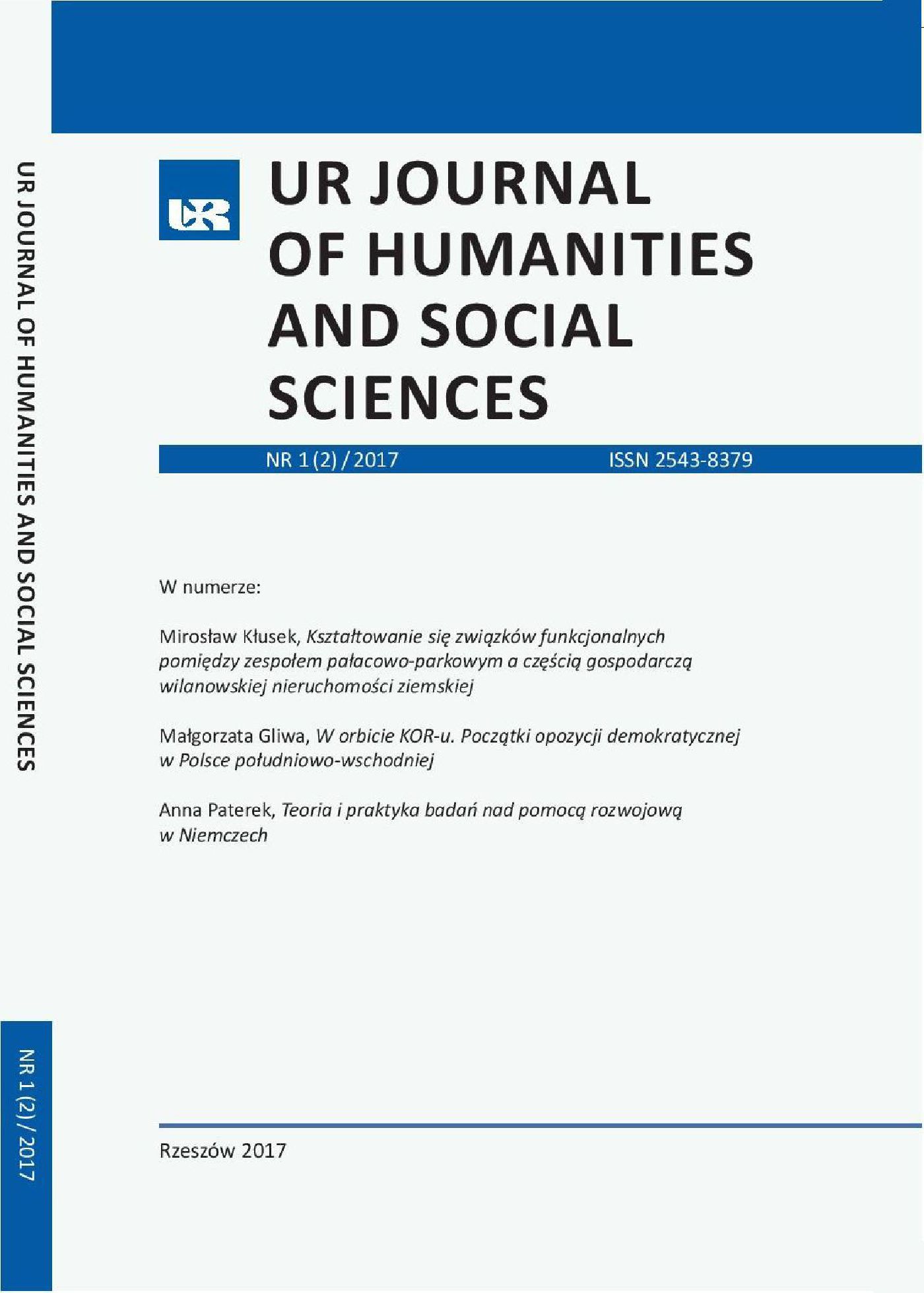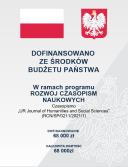The theory and practice of research into German development policy
DOI:
https://doi.org/10.15584/johass.2017.1.4Keywords:
ODA, Germany, Development Cooperation, Thin Tank, Germany's research institutesAbstract
Germany is the third largest Development Assistance Committee (DAC) provider in terms of volume. The beginnings of German development policy date back to the late 1950s. The Federal Ministry for Economic Cooperation (BMZ) was created in 1962, and the German Development Institute (DIE) was founded in 1964. Over the last 55 years German development policy passed through numerous phases guided by the diversity of interests and principles. In order to make Germany's international cooperation and sustainable development activities more effective and efficient BMZ highlights the importance of successful cooperation between the academic world and politics and the direct input of scientific expertise into political practice. For example, the SFB 700 „Governance in Areas of Limited Statehood” is an interdisciplinary research center established by the German Research Foundation (DFG) at the Freie Universität Berlin. It provides research and analysis of the various modes of governance in areas of limited statehood from empirical and normative perspectives. The German Development Institute supports the BMZ to enhance its development cooperation policy making. This paper focuses on the German development research and discourse arena, and on the leading Think Tanks for development policy in Germany: Deutsches Institut für Entwicklungspolitik (DIE), Zentrum für Entwicklungsforschung (ZEF), German Institute of Global and Area Studies (GIGA) das Institut für Entwicklungsforschung und Entwicklungspolitik (IEE) and Institut für Entwicklung und Frieden (INEF). This article investigates the present German discourses on the opportunities, needs and practices of cooperation between the political sphere and scientific theory.
Downloads
Downloads
Published
How to Cite
Issue
Section
License
Copyright (c) 2017 Wydawnictwo Uniwersytetu Rzeszowskiego

This work is licensed under a Creative Commons Attribution-NonCommercial 4.0 International License.



